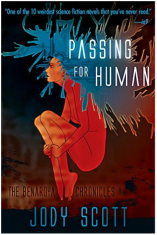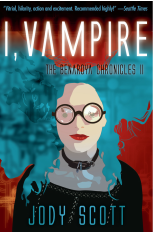 Irondale WA Irondale WA Part II- Irondale: It's no surprise Jody is an excellent saleman, because she is an excellent communicator; she can talk to anyone, can understand and acknowledge anyone without judgment. (A very handy ability for a writer.) So when Jaffarian meets Jody he recognizes the answer as to how to make money with these thousands of Irondale lots. She pitches him a set of encyclopedias; he pitches her a proposal they go into business together. They soon form Scojaf and craft a direct sales campaign based on Jody's Britannica presentation (phone pitch followed by in-person pitch with sales kit-- in this case many maps, photos, brochures, etc). They place a small classified ad in The Little Nickel Newspaper (a thing made of paper that people used before Craig's list) and soon, with her handy Thompson's Guide (a thing made of paper that people used before GPS) and the street-numbering truism that "east is even," Jody is navigating all over Seattle selling vacation lots for $9 down and $9 per month. She is a howling success. The checks are pouring in. 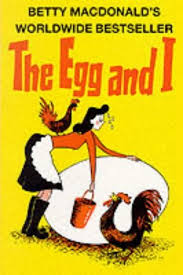 An interesting aside, Irondale is just up the road from the setting for 'The Egg and I' by Betty MacDonald, adapted to film in the 'Ma & Pa Kettle' movies An interesting aside, Irondale is just up the road from the setting for 'The Egg and I' by Betty MacDonald, adapted to film in the 'Ma & Pa Kettle' movies Jody has her head down, plowing those furrows like the good Capricorn she is, but poor Jaffarian goes a little nuts with the all the money and success. He trades in his wife for a newer, younger model, buys a sprawling estate in Escondido CA that once belonged to Harold Bell Wright, and eventually trades Scojaf for a boatload of Teletrans stock. Teletrans, it turns out, is the product of a classic "pump-and-dump" scheme and therefore very soon worthless. (You can still find info about it on the internet with enough searching, because the shell of Teletrans was used again, post-internet, to conduct another "pump-and-dump" before being delisted by the Salt Lake City Exchange.) To his credit Jaffarian feels bad and deeds the remaining lots to Jody in compensation. She continues to sell them directly, and carries the contracts. The monthly payments are by this time up to $29. And that money coming in steadily every month affords Jody the time to write. She writes Passing For Human which is published in 1977, the year that we meet. Over the next several years I assist Jody in this enterprise and learn the business (an education worth many times the price of any college tuition), and as the stock of Irondale lots dwindles we begin to search for a new location where we can repeat what she's done with Irondale. We find it in Okanogan County, which I will tell you all about next week.
0 Comments
Part I- Britannica: Jody Scott, "the greatest writer you've never heard of," (F&SF Mag) and recipient of enough critical praise and peer recognition to choke a small pony, did not make money from her writing! And yet she wrote full time, 5 or 6 hours a day almost every day for 40 years without having also to hold down a job. How she managed that has been the subject of some speculation. As Jody's spouse and business partner for 30 years I figured I would spill the beans here and now, entre nous as it were, as to exactly what we did to earn a living. When Jody and I meet in the late '70's she is selling Irondale Lots. This becomes the model for the land business we will found a few years later. But to understand what Irondale was, how it worked and how it came about we need to flashback a couple decades. Some time after the Leites and Berkeley and Circle Magazine, Jody meets OT Wood, a brilliant painter, but not a model of mental stability. She thinks to herself, 'We should make a baby together, it's bound to be brilliant.' So they do, make a baby together that is, but OT's mom commits suicide in LA and they decide California is for the birds and make the grueling, pre-interstate trek up Highway 99 to Seattle. At that time considered the uncivilized end of the world, just before you tumble off the map. OT is worthless as a breadwinner and soon gone anyway. With a kid to support, no family or friends in the area, no money, no savings, no welfare state to fall back on, Jody answers an ad in the paper for an Encyclopedia Britannica sales position, gets the job and hires a babysitter- even though she has no money with which to pay the babysitter. The training and sales routines for the "Sperm-of-the-Month club," in chapter 17 of I, Vampire is based on that Britannica experience. With her usual determination and skill, Jody is a smashing success! The babysitter gets paid and the checks started rolling in. She even manages to pen a novel during these years, but selling is a job and like all jobs, if you stop doing it, it stops paying you. There has to be a better way than selling all day, raising a child alone and squeezing in a little writing when time and exhaustion allow. Enter E.P. Jeff Jaffarian, one time pal of Richard Nixon, sometime photographer and pornographer, recent tax auction purchaser of a platted-into-lots-but-since-reclaimed-by-the-forest town on the banks of Puget Sound called Irondale. (continued next week)
I like SF&F because it is speculative. It asks, 'What if....?'
What if what we believe to be 'immutable laws of reality' are in fact mutable? What if alternate realities exist and reality is only an agreement? What if it's an implant? Are we capable of being more than we think? When humans eventually become a space-faring species, what will we find out there? What might other civilizations and life forms look like? How far is too far to imagine? Oh sure plenty of SF&F writing is awful dreck, derivative and poorly written, but that's true of every category of writing (it's time than winnows out the chaff and leaves only the wheat), and the best speculative fiction is sublimely imaginative and thought-provoking. It can expand our notions of what is possible, and what we are. It is said, "A civilization is only as great as its dreams, and its dream are dreamed by artists." When a literary artist writes speculative fiction, those are lofty dream indeed! Jody didn't think in terms of genres, but that "What If...?" fired her imagination and intellect, sent her considerable abilities to the wild and far-out horizons she explored in her novels. It's why she wrote what she wrote, and why a lot of it came to be classified as "speculative fiction." -Mary Whealen 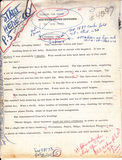 Jody had the extraordinary ability to talk to anyone, and no fear, no back off on doing so. A skill that came in very handy when it came to promoting her books. In 1977 when PASSING FOR HUMAN was published, there were no personal computers, no smart phones, no social media, no internet. It was typed on a typewriter and submitted on paper. If you wanted to do research you went to the library. If you wanted to promote your recently published book you hit the pavement and talked to people directly, at conventions, bookstores, university panels and local daytime talk shows. Jody did all of the above and more. When it came to direct, peer-to-peer promotion, of the kind we take for granted today on social media, her imagination was as wide-ranging and fearless as it was in her writing; she hired hot air balloons, an actor friend to dress up as a vampire and hand out fliers (for I, VAMPIRE, the sequel to PASSING), sent bookmarks to stores all across the country, made posters, brought books to conventions and sold them directly. All with a DIY, handmade aesthetic that managed to convey her trademark enthusiasm and humor, and sell books. -Mary Whealen |
Get blog via email or reader:Categories
All
Archives
June 2022
|
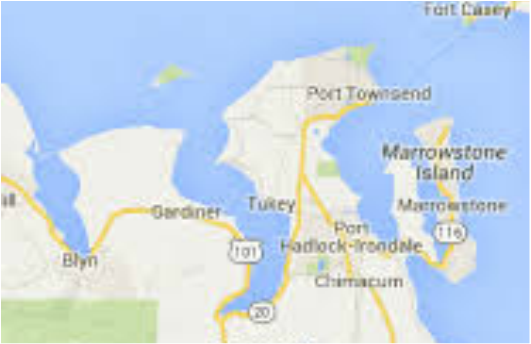


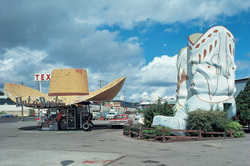
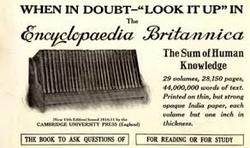

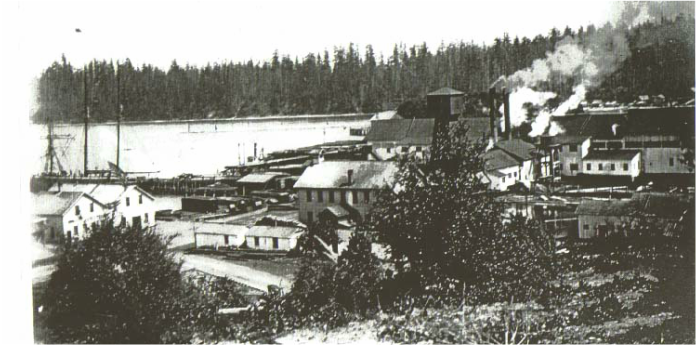


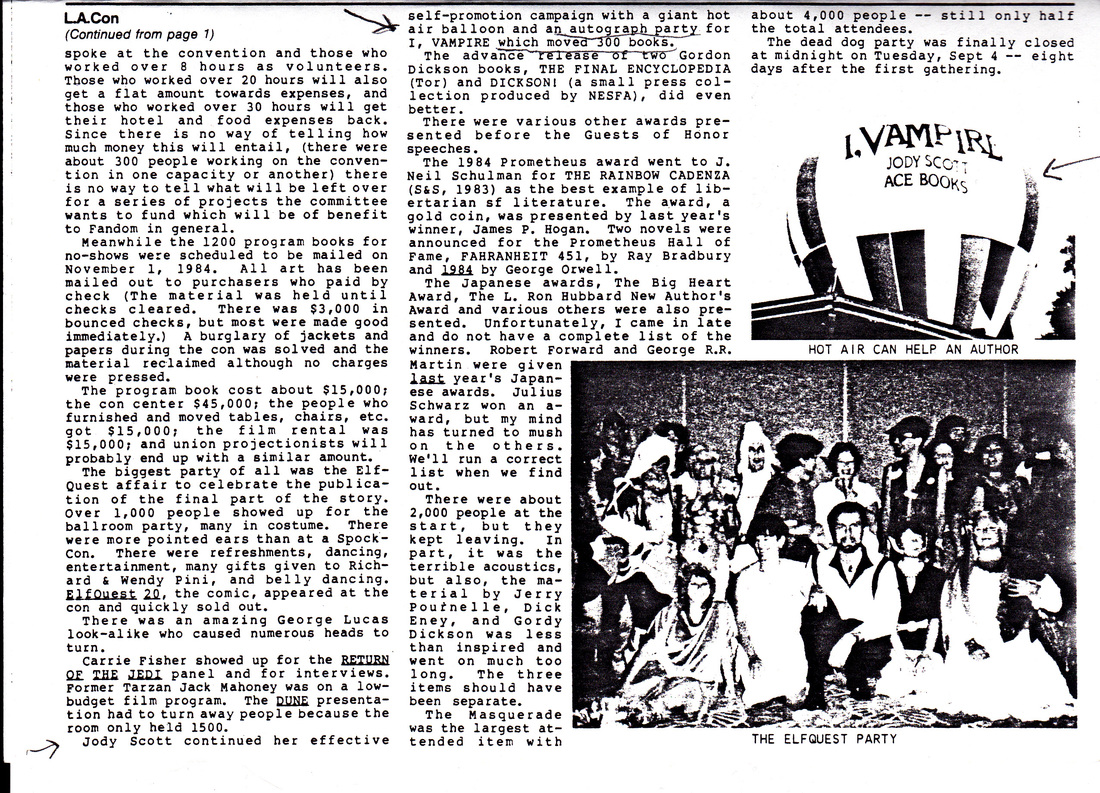
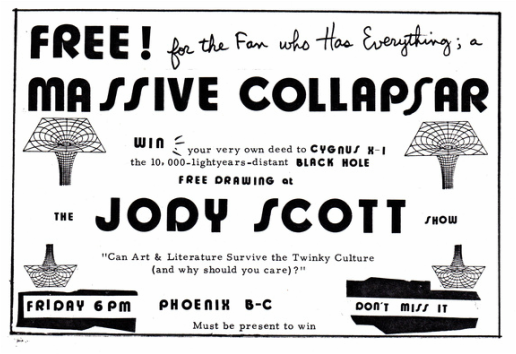

 RSS Feed
RSS Feed

